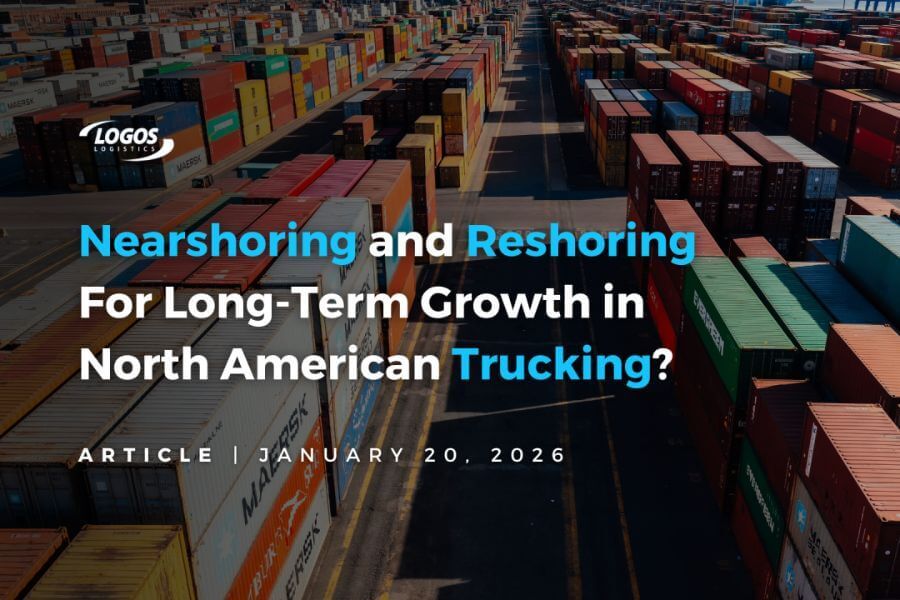>>> Read newsletter on LinkedIn <<<
Third-Party Logistics providers (3PLs) enable companies to outsource their logistics and supply chain operations. By leveraging these specialized capabilities, businesses can result in significant cost savings and enhance their operational effectiveness.
1. Reduced capital expenditure
One of the primary ways 3PLs help companies save money is by reducing the need for capital investments in warehousing, transportation infrastructure, and technology. Businesses can avoid the high costs associated with purchasing, maintaining, and upgrading large fleets of vehicles and expansive warehouse facilities. This shift from fixed to variable costs allows companies to pay only for the services they use, when they use them, adapting more flexibly to changes in demand without sustaining heavy financial burdens.
2. Economies of scale
3PLs operate on a scale that individual companies often cannot achieve on their own. By serving multiple clients, they can consolidate shipments, negotiate lower transportation rates, and optimize delivery routes. This aggregation enables smaller companies to benefit from the lower costs associated with larger freight volumes. The result is more competitive shipping rates and reduced overall logistics costs.
3. Expertise and experience
3PL providers specialize in logistics and have extensive knowledge of best practices and regulatory requirements. This expertise helps companies navigate complex logistics landscapes, avoid costly mistakes, and comply with international trade laws, reducing the risk of fines and delays. Additionally, 3PLs invest in training their staff and keeping up with industry developments, which means their clients benefit from high-level professional service without the overhead of training and maintaining a large logistics staff.
4. Improved efficiency and speed
Through advanced logistics technologies and network optimizations, 3PLs enhance operational efficiency. They deploy systems for inventory management, transportation management, and order processing that streamline operations and speed up the entire supply chain. Faster delivery times and more reliable order fulfillment not only reduce costs but also improve customer satisfaction, which can lead to increased loyalty and repeat business.
5. Flexibility and scalability
3PLs provide flexibility to scale logistics operations up or down based on business needs. This scalability is crucial for businesses that experience seasonal fluctuations or are in growth phases. Companies can expand their market reach or scale back without the logistical constraints of capacity planning and staffing, ensuring that they can respond quickly to market opportunities or downturns without incurring unnecessary costs.
The strategic impact of 3PLs
By partnering with a 3PL, companies can focus more on their core competencies, such as product development, marketing, and customer service. This strategic focus is crucial for maintaining competitive advantages in the market. Moreover, the cost efficiencies gained through 3PL partnerships can be redirected into these core areas, fostering innovation and growth.
Leveraging 3PLs can lead to substantial cost savings for companies across various industries. The benefits of reduced capital expenditure, economies of scale, expert guidance, enhanced efficiency, and operational flexibility contribute significantly to streamlined operations and improved bottom lines.
As businesses continue to navigate the complexities of global markets, the strategic use of 3PL services will be an integral component of successful logistics management and financial sustainability.











